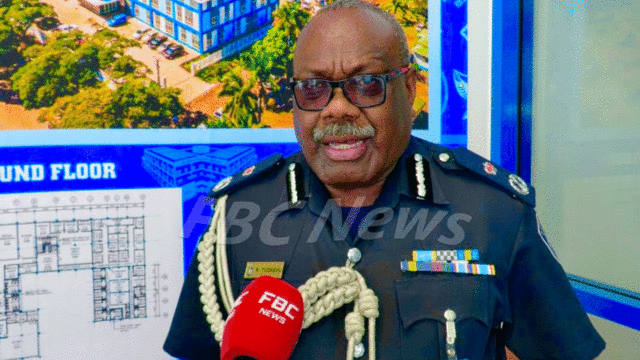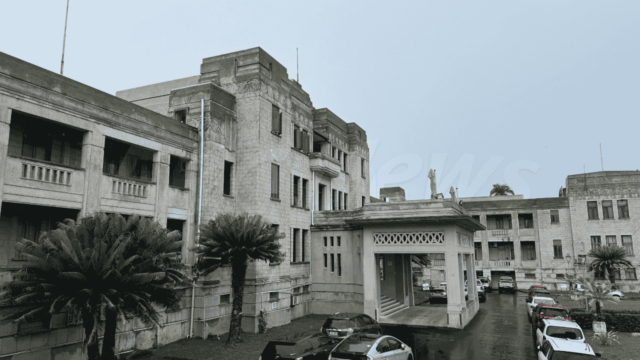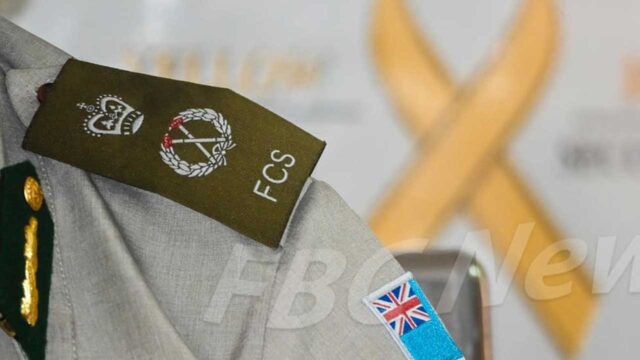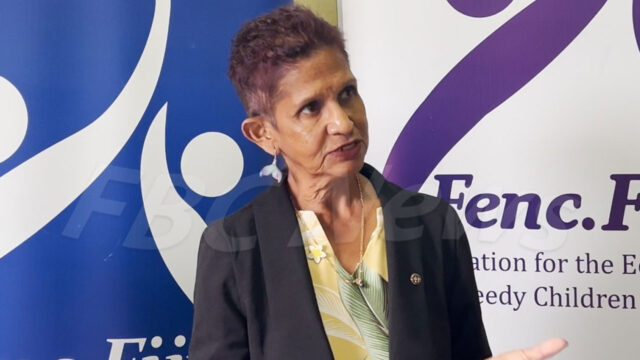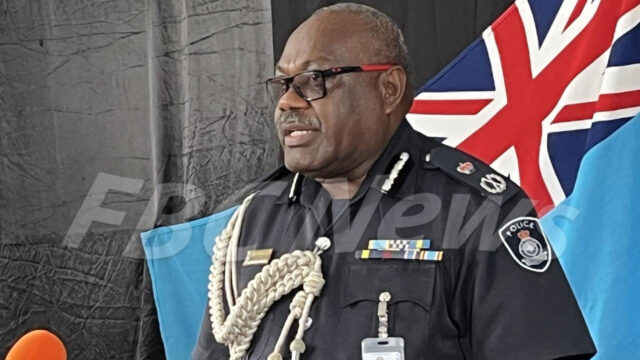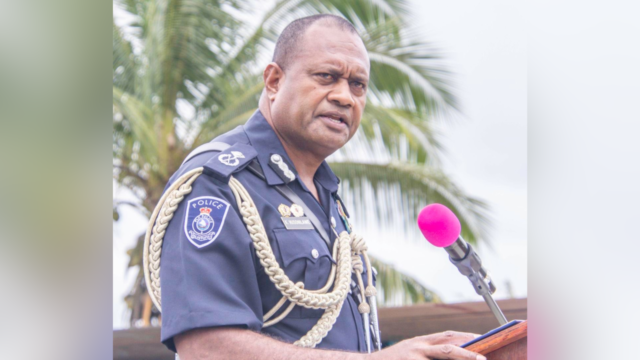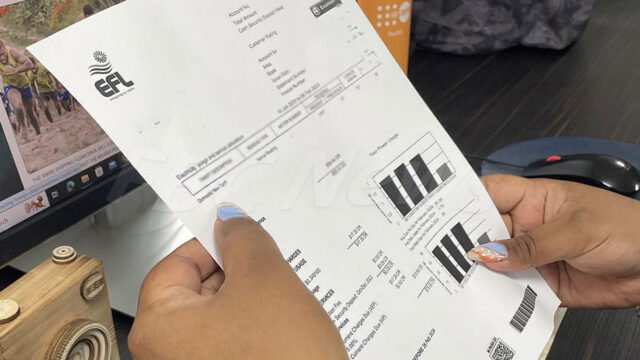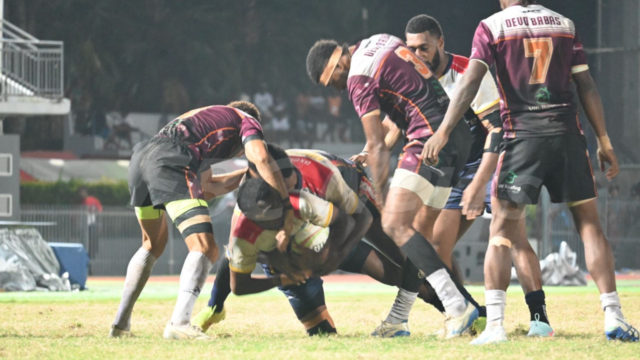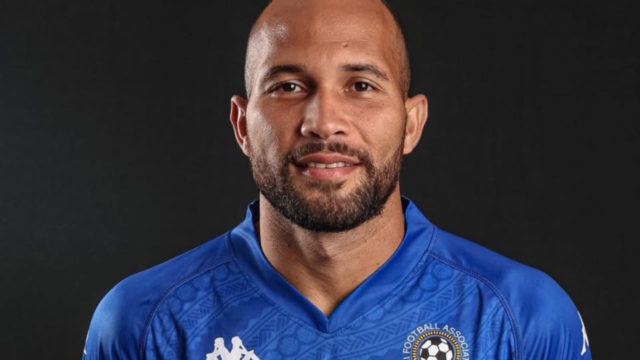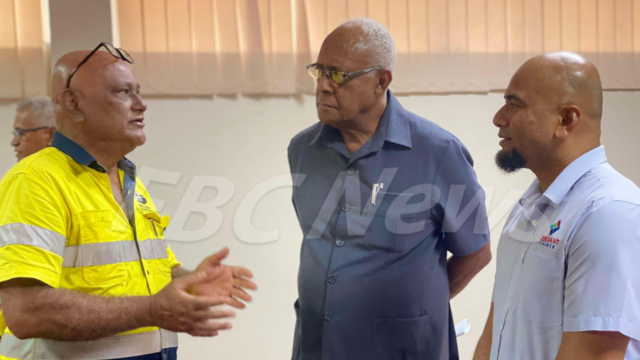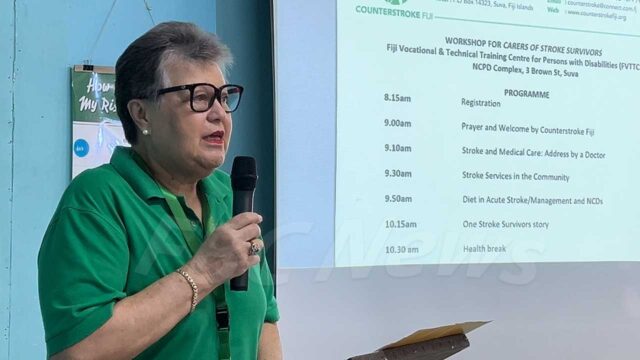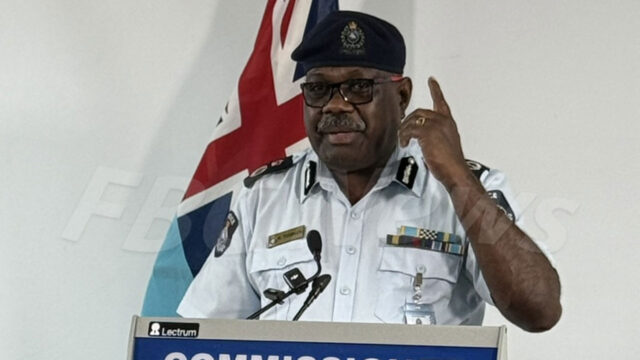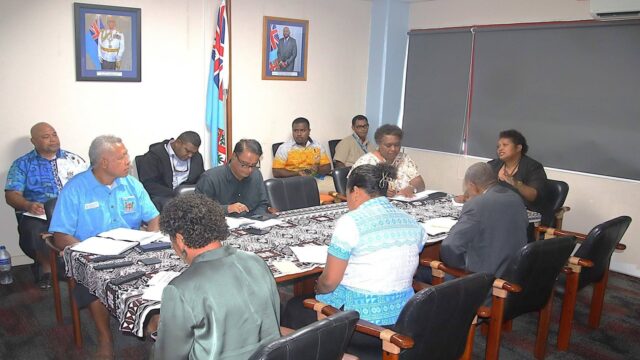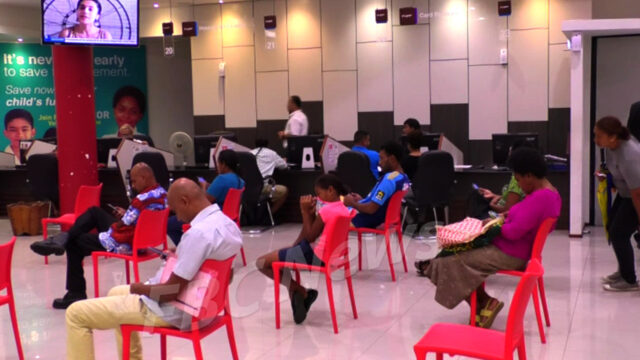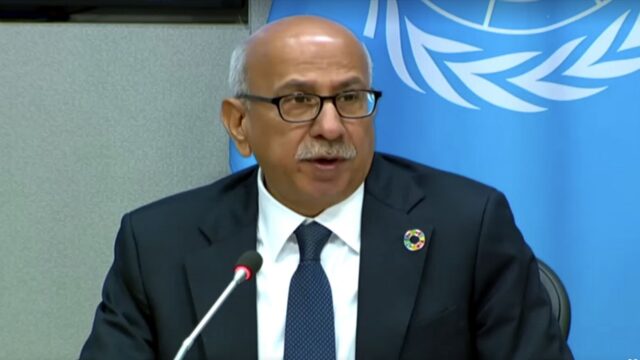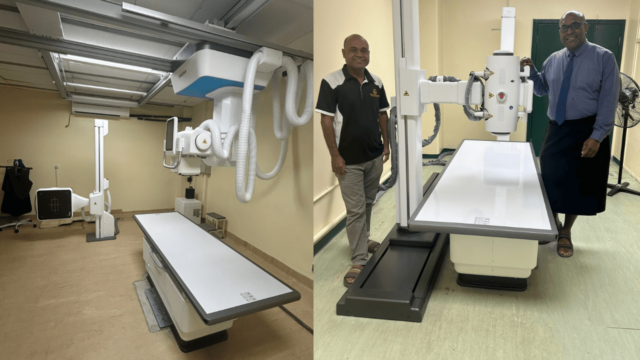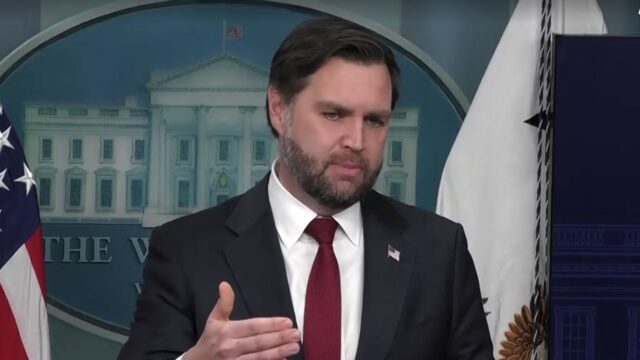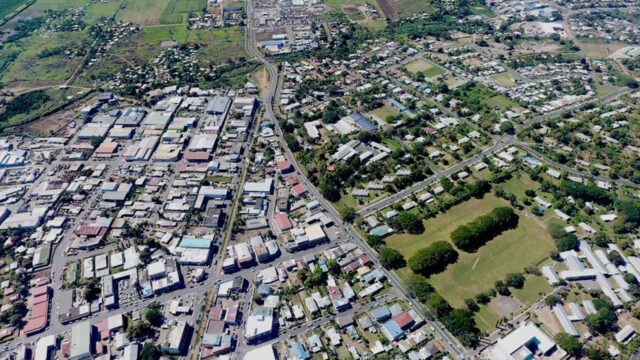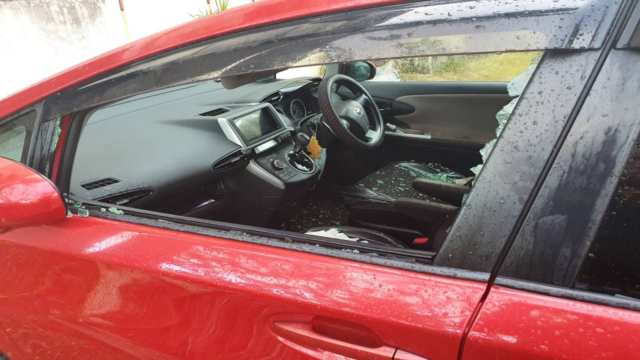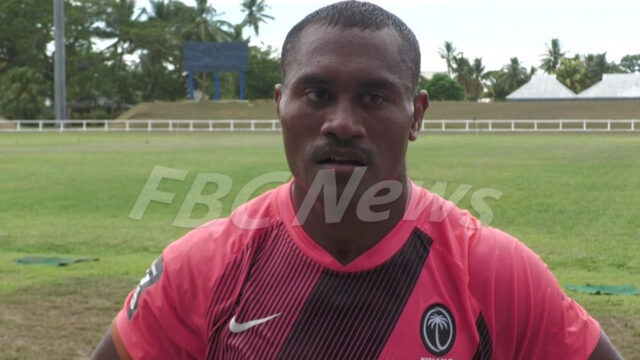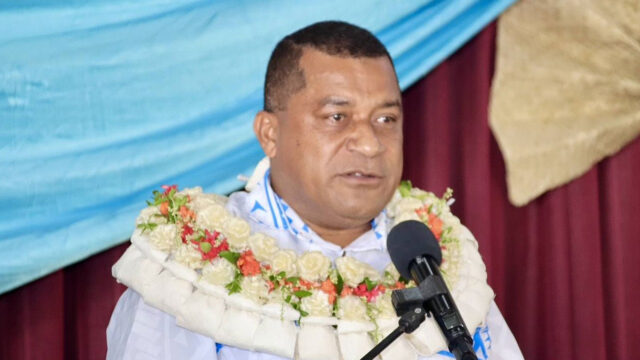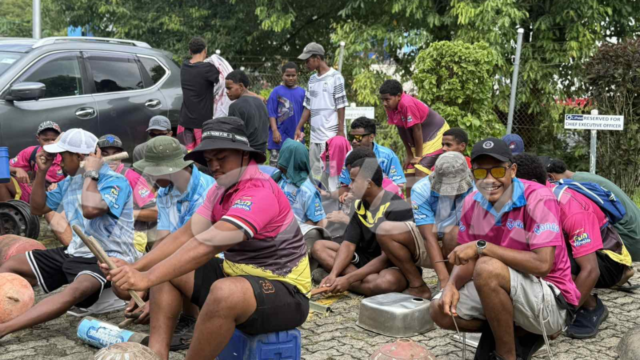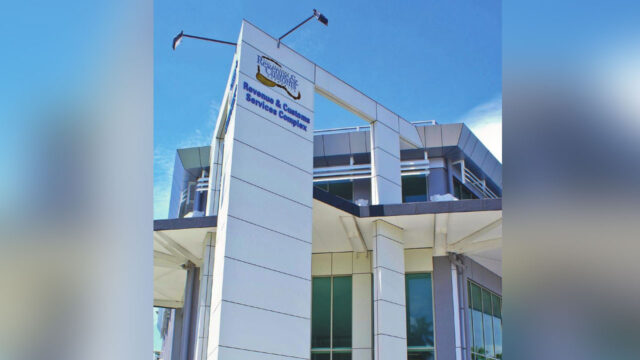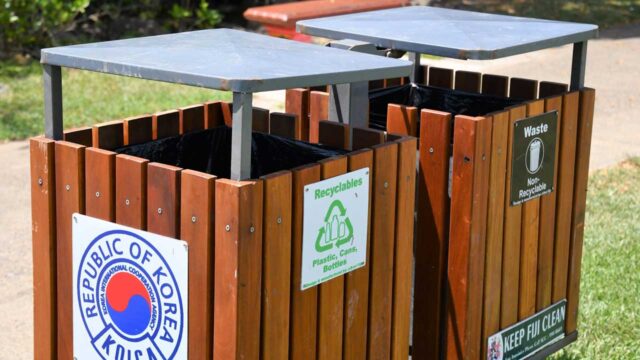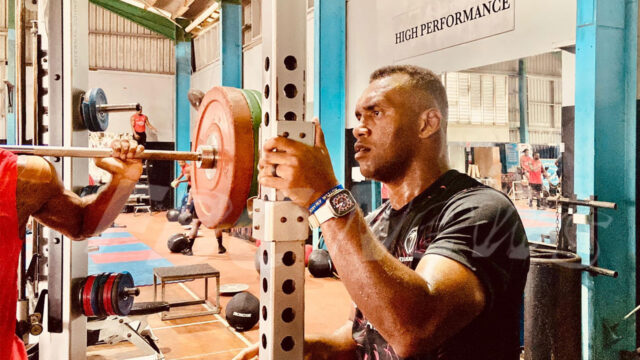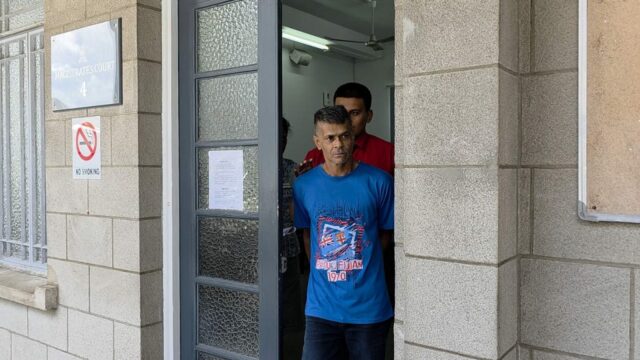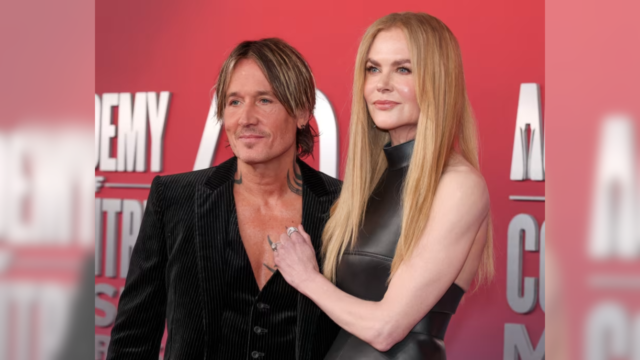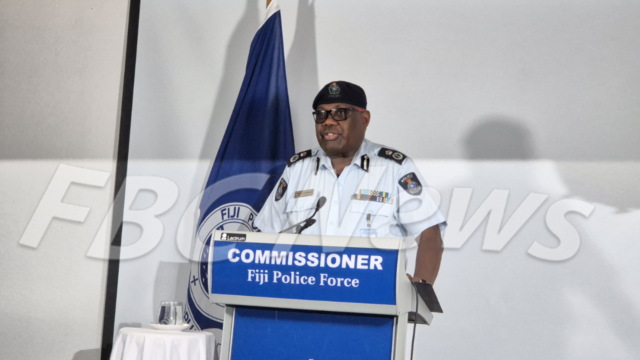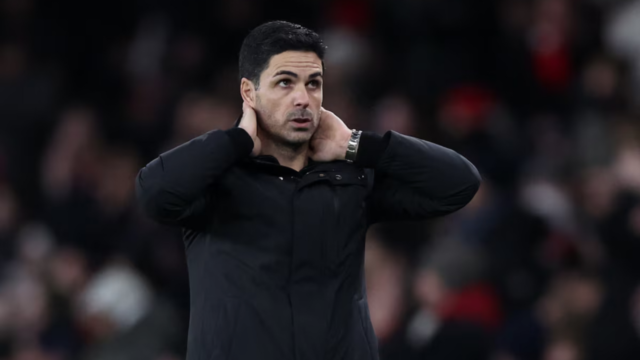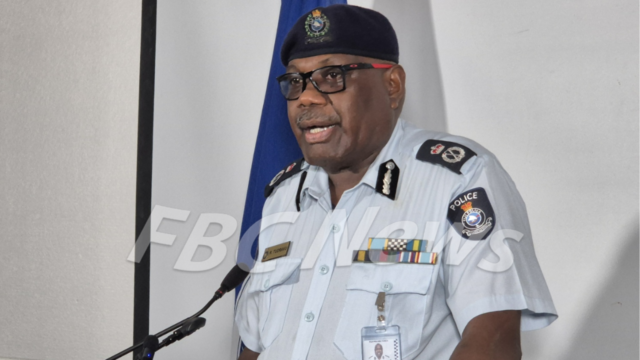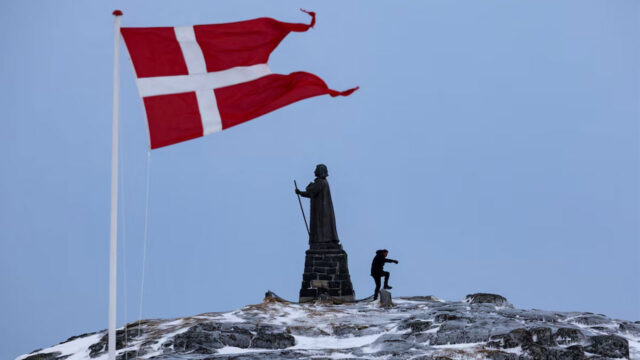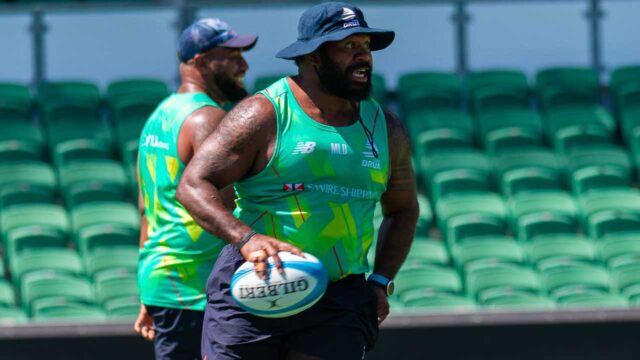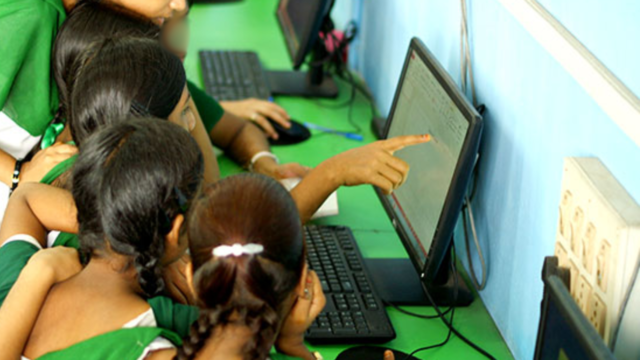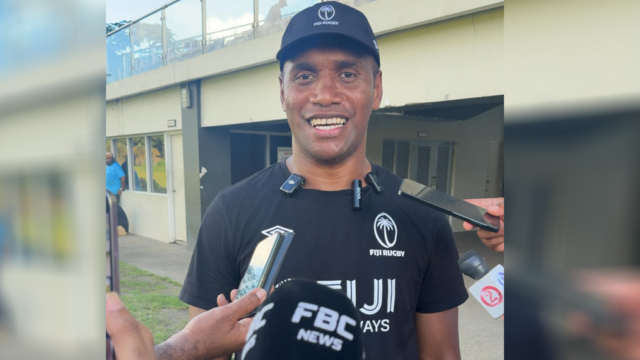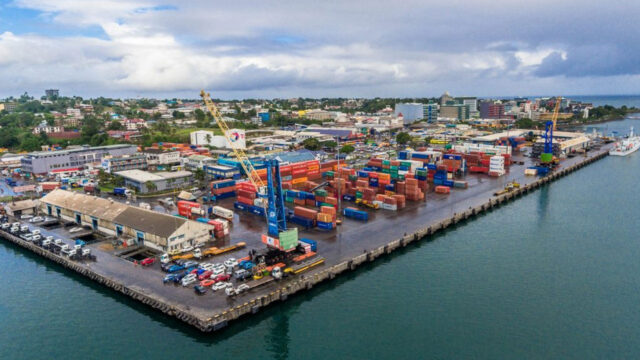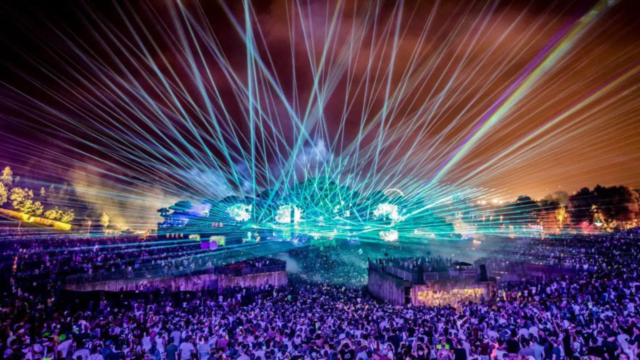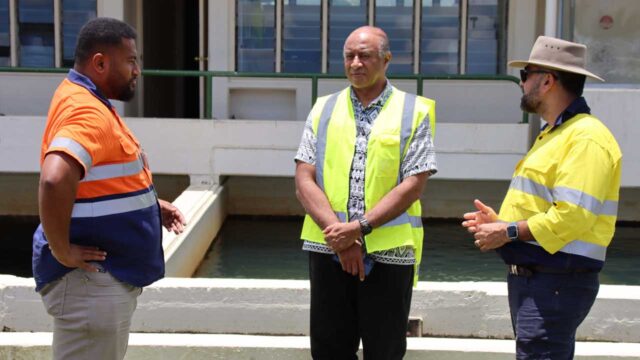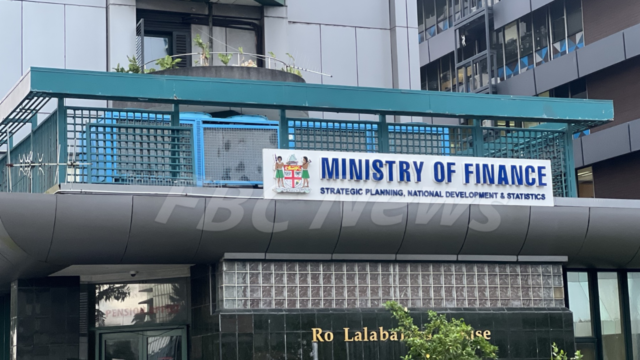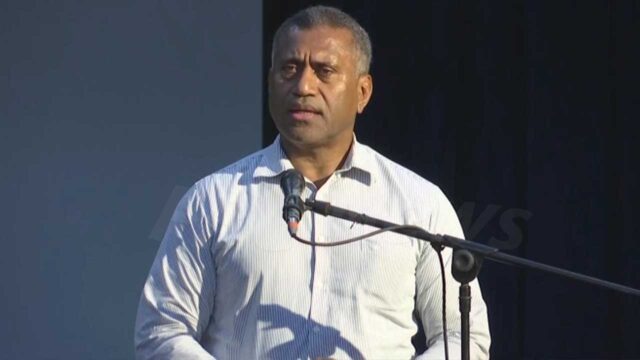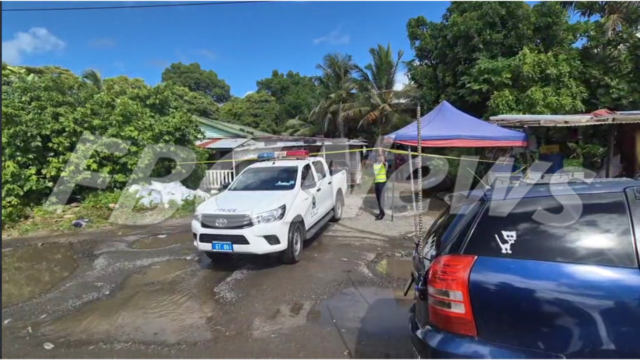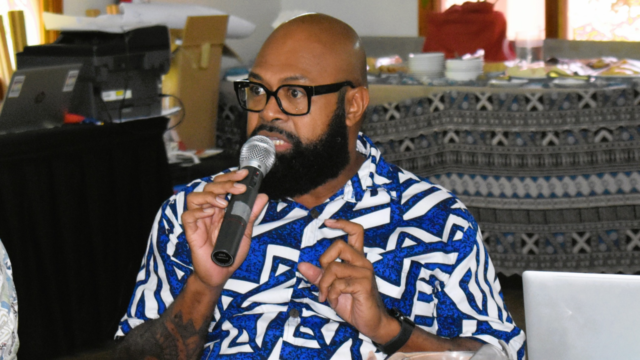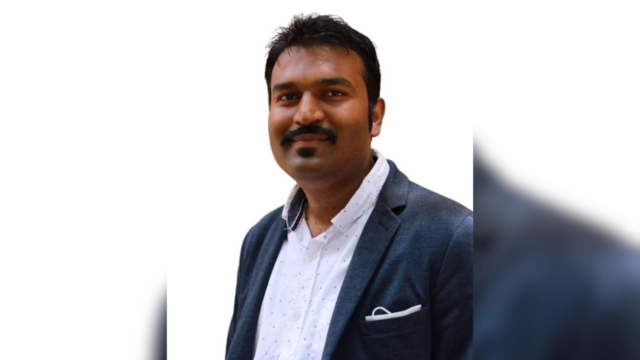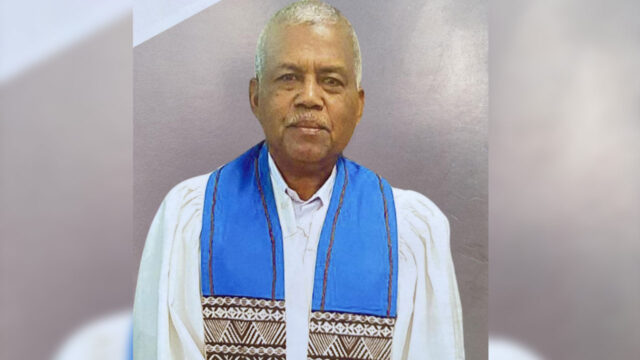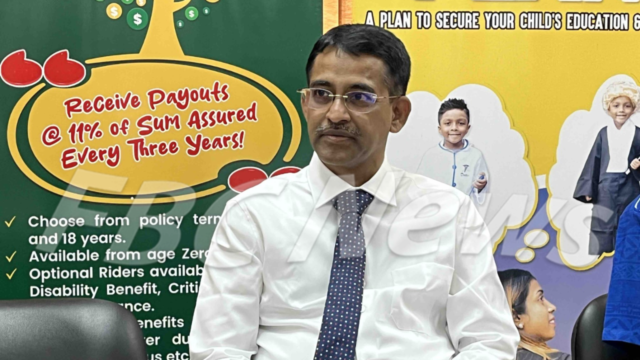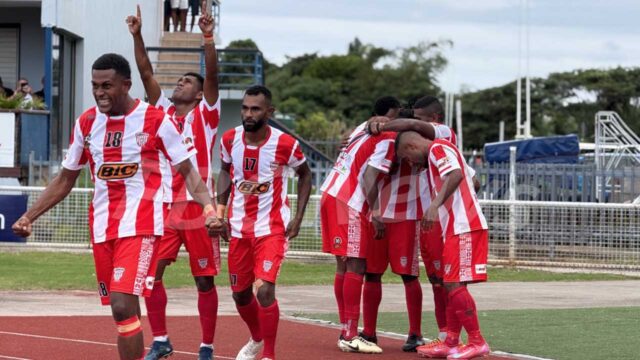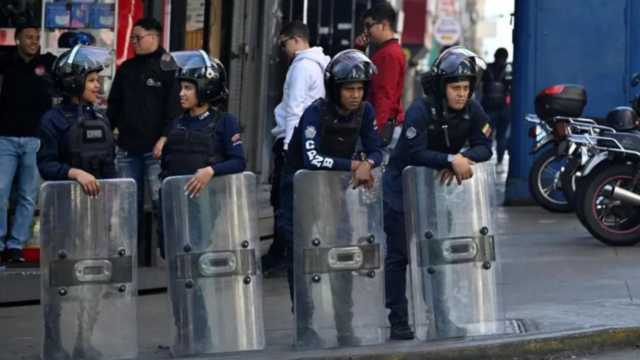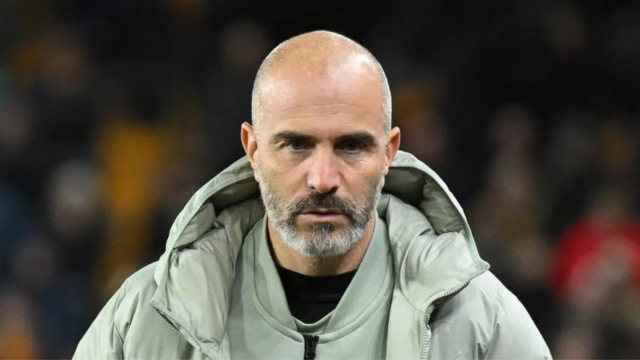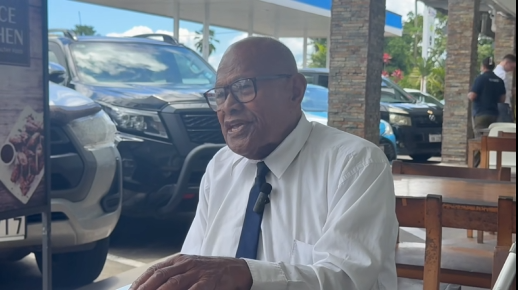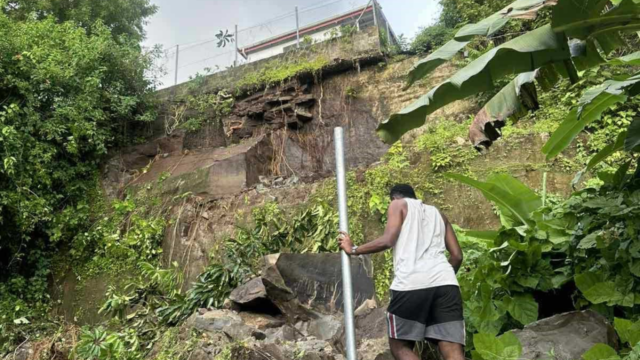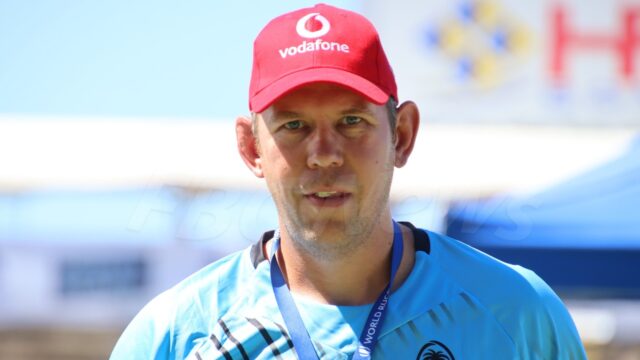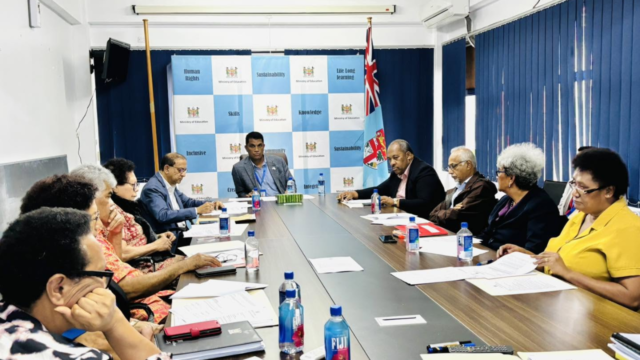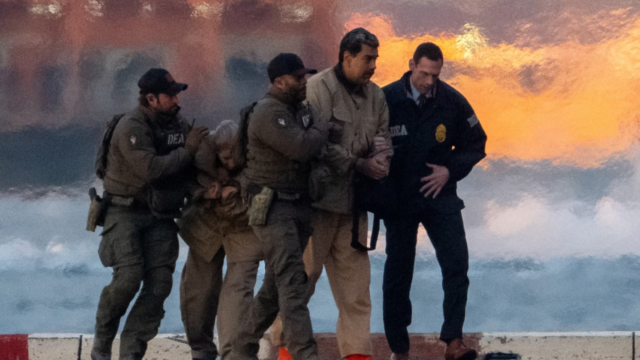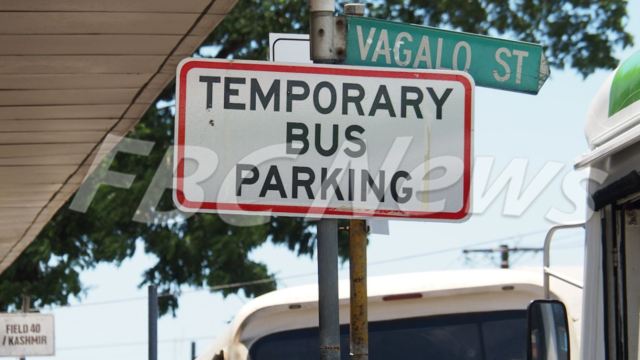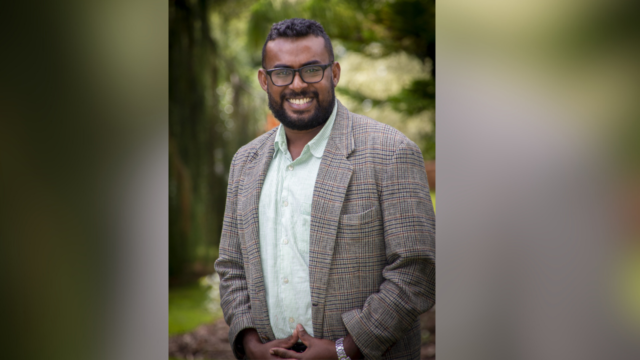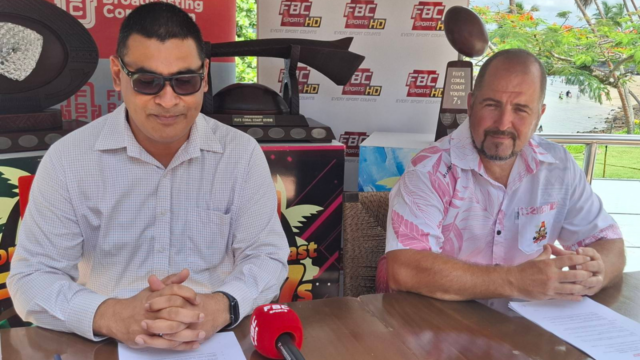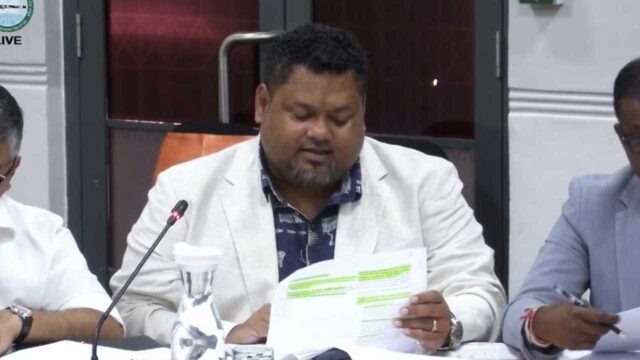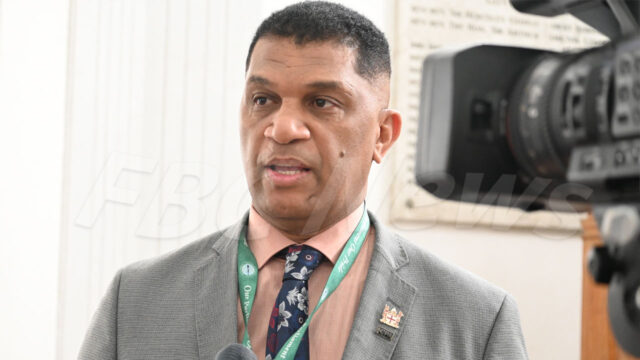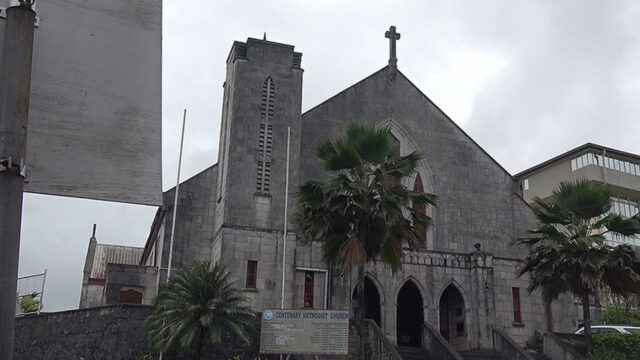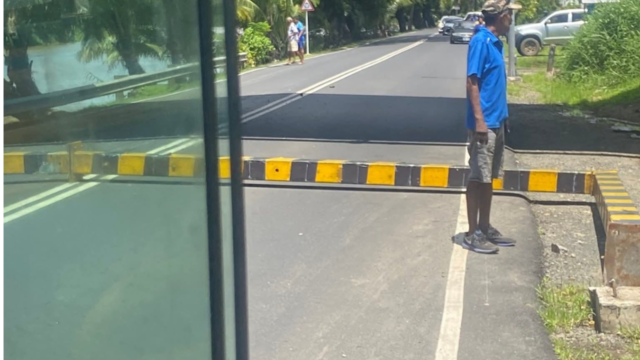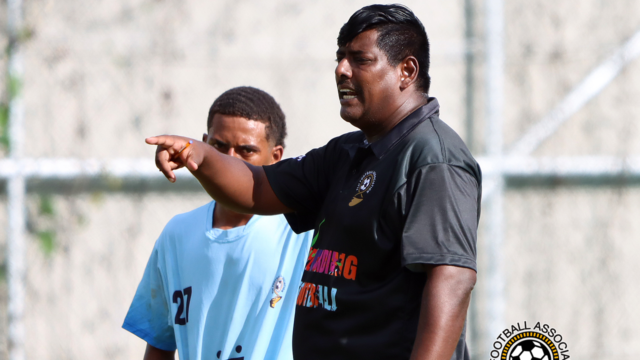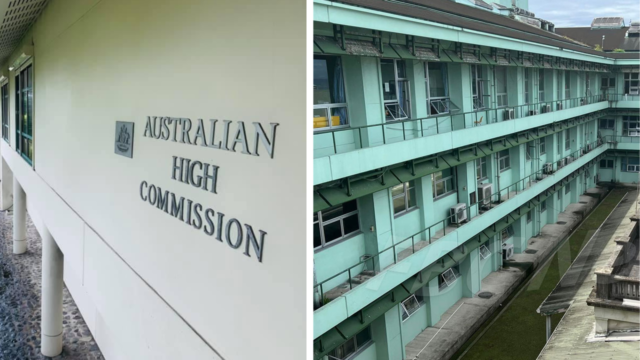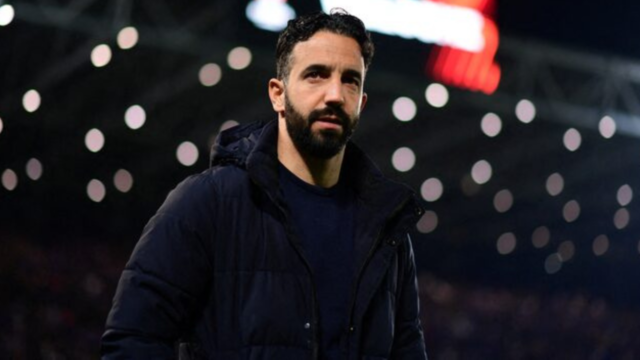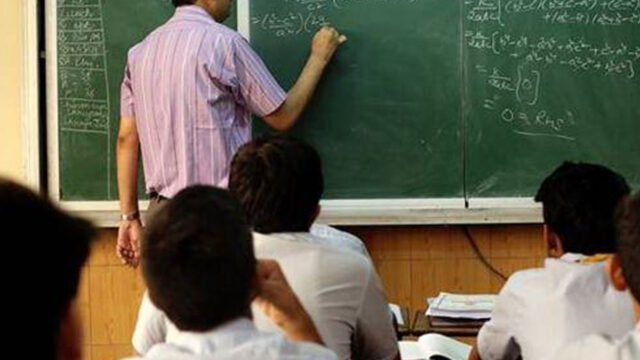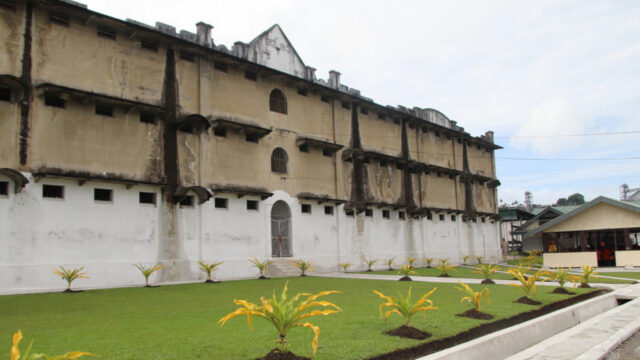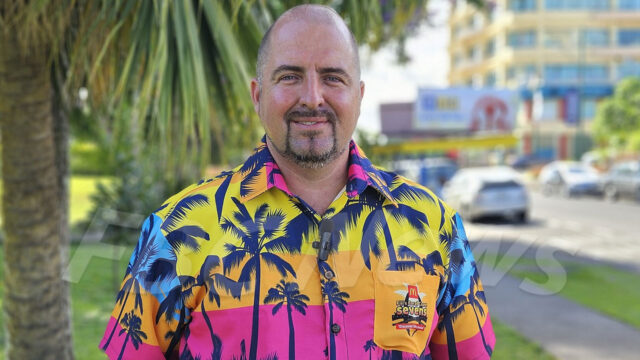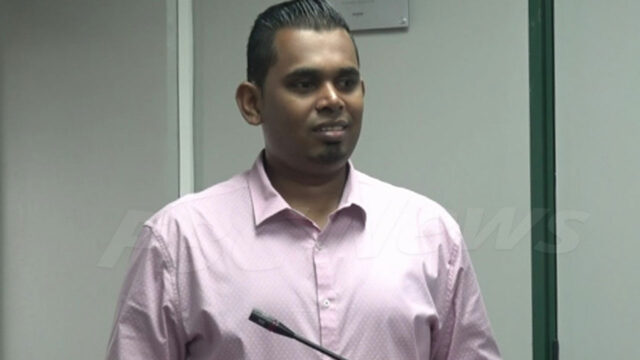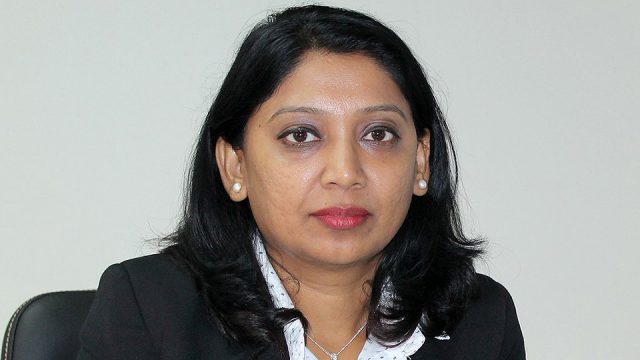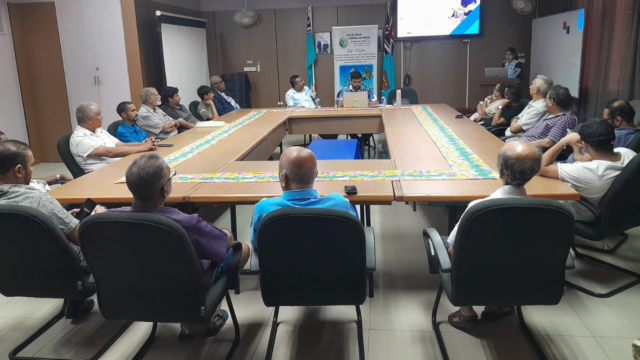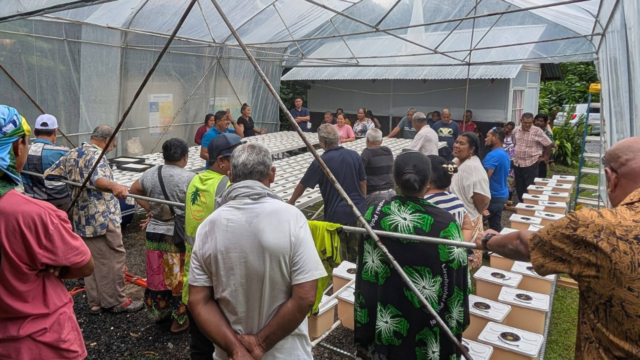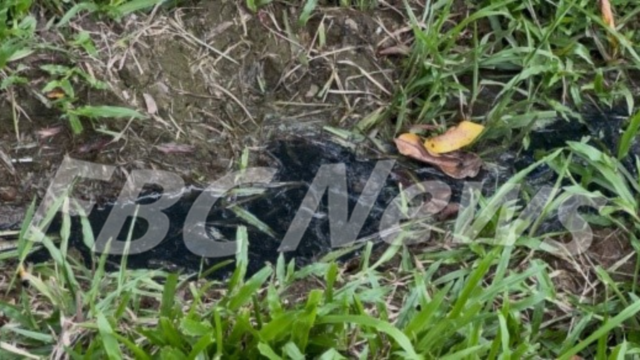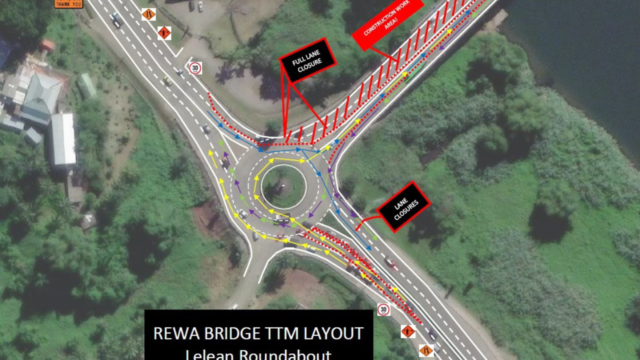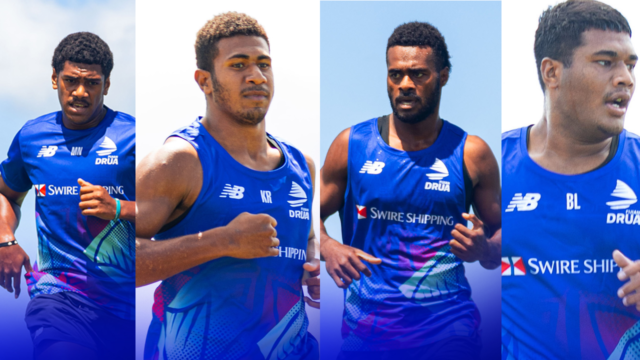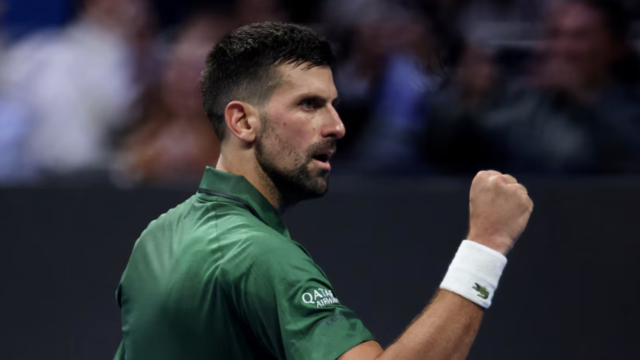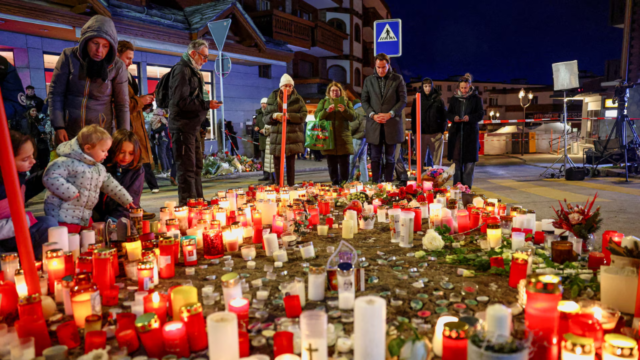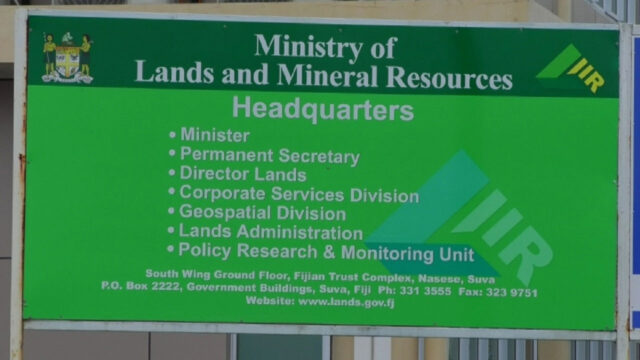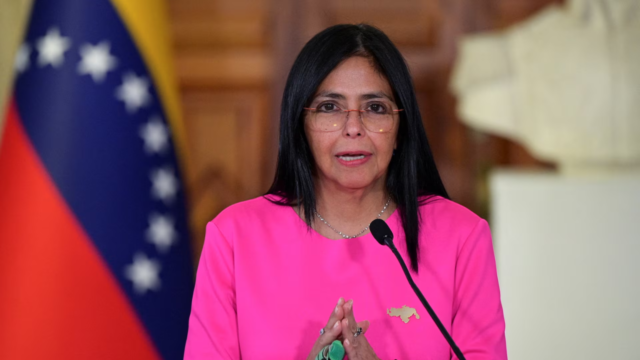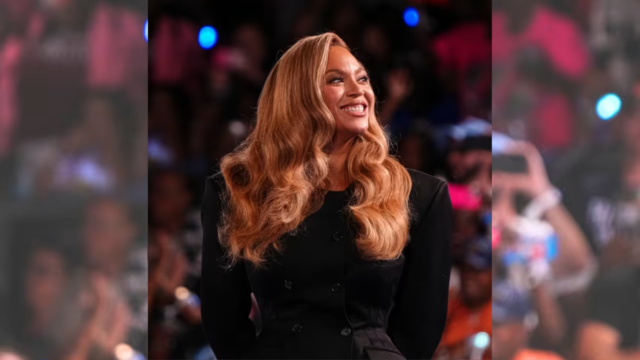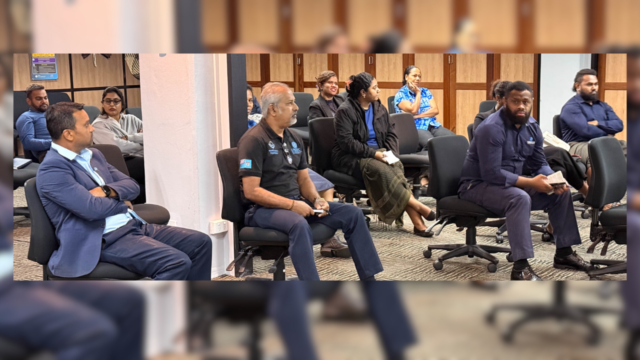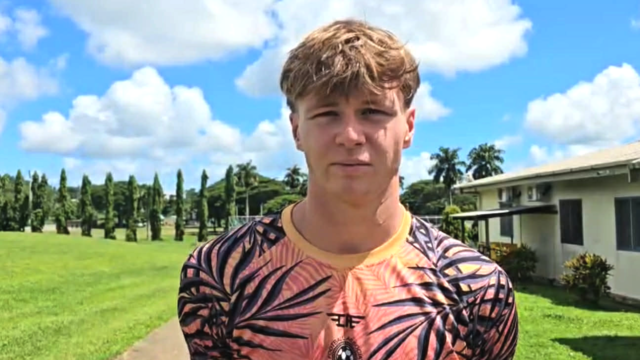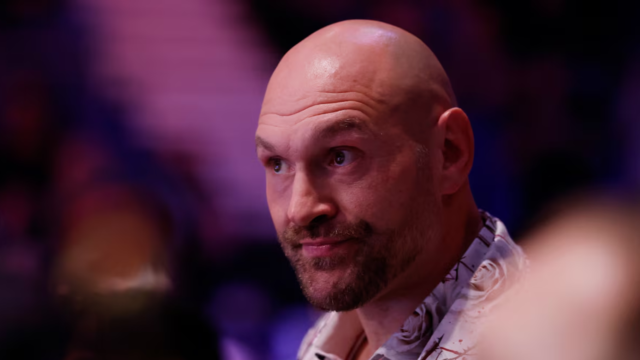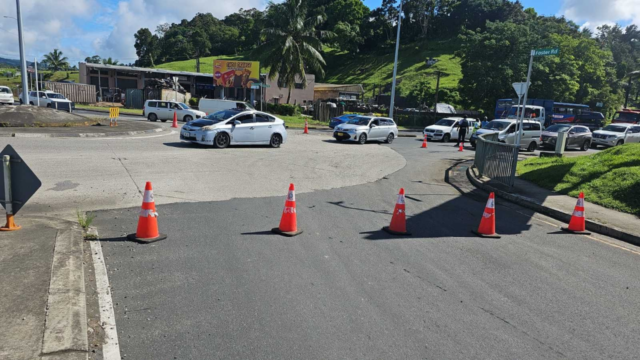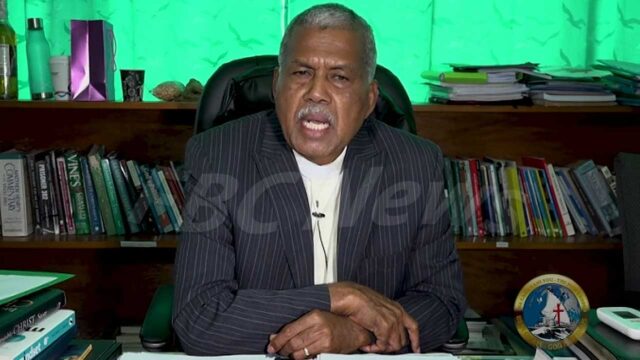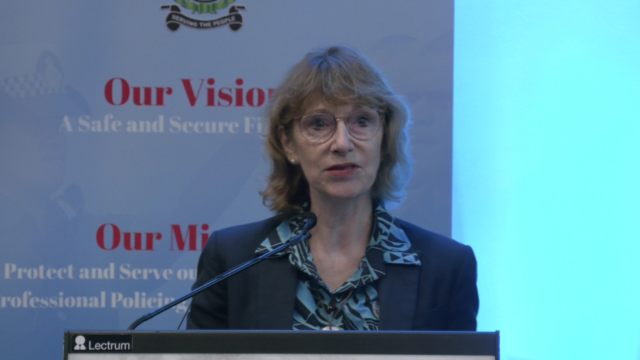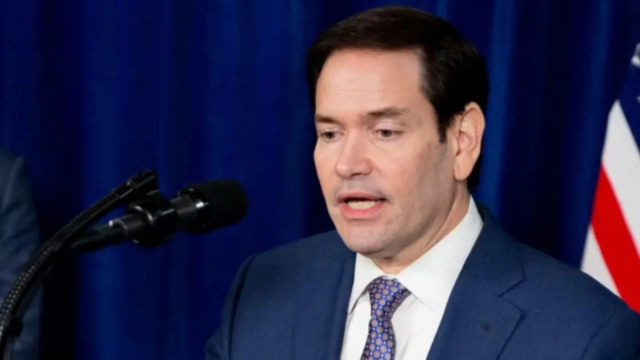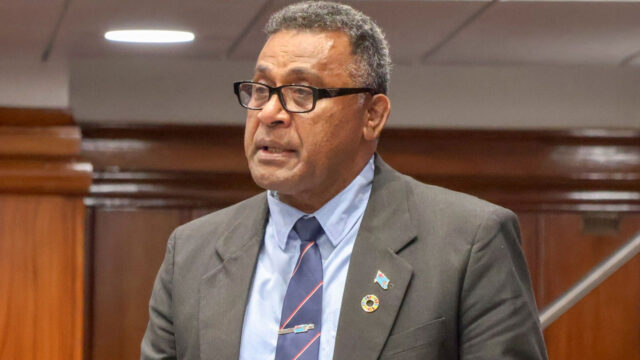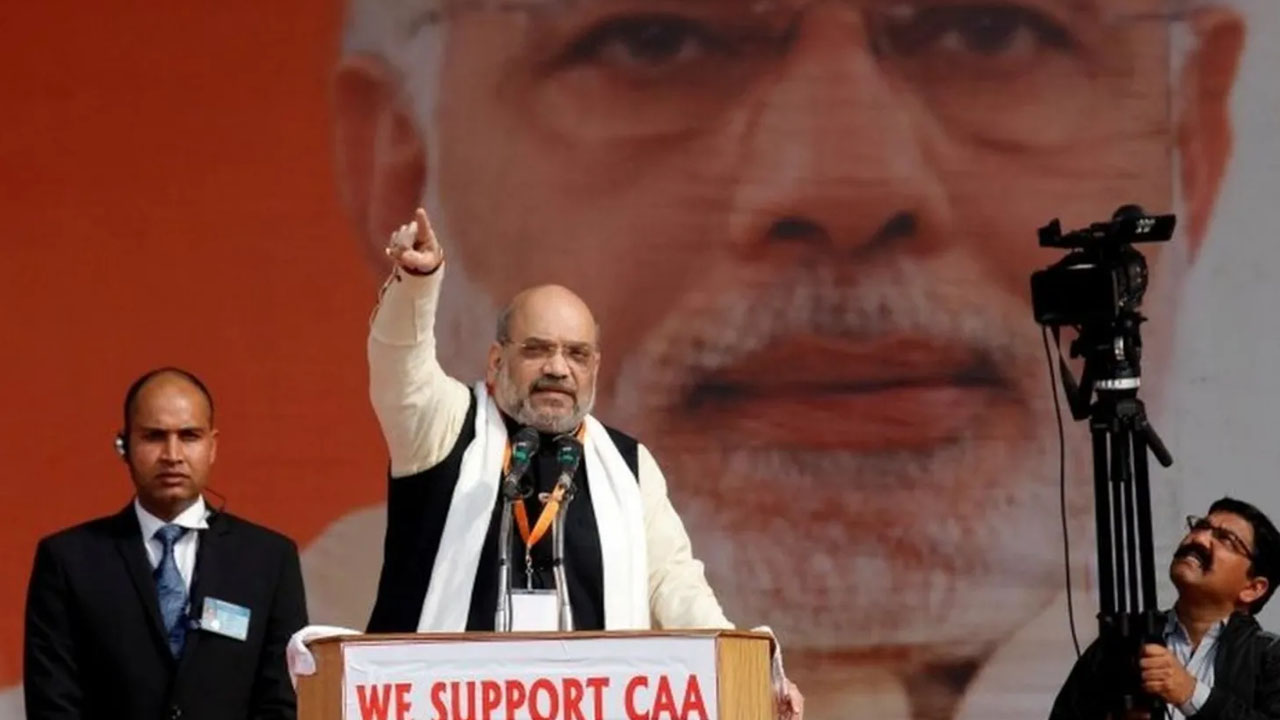
[ Source : BBC ]
Narendra Modi will find out in June if he’s won a record third term in a row as India’s prime minister.
After a decade in power he is omnipresent – but frequently seen at his side is a less talked-about politician, who has helped mastermind the extraordinary rise of the Bharatiya Janata Party (BJP).
Amit Shah – often called India’s “second most powerful man” – is a formidable old friend, Mr Modi’s closest confidant and the brains behind his election juggernaut.
A hardline Hindu nationalist popularly known as Amitbhai, Mr Shah has charted numerous election wins for the BJP. He lacks the star power of the PM and is a more private man. But he is an excellent organiser and campaign strategist, a shrewd politician – and like Mr Modi, a hugely polarising figure.
His supporters view him as the “great defender of the Hindu faith” but those who dare cross him find a feared adversary.
Critics say he is the driving force behind some of India’s most controversial legislation, including scrapping Kashmir’s partial autonomy- which had been a BJP manifesto pledge for decades – and a new citizenship law that has been described as deeply discriminatory towards Muslims.
Speaking to the BBC, friends and colleagues who have known him since his school days and early career – even those who stood by him while he was briefly jailed – provided a rare insight into his early life. They described what they saw as the secret of his extraordinary success, and spoke of his deep loyalty, affection for party workers and appetite for hard work.
BBC Short presentational grey line
The master strategist Amit Shah first burst onto the national stage a decade ago when he engineered a remarkable turnaround for the BJP in India’s most electorally crucial state.
For years, Uttar Pradesh had been seen as unattainable, but in the 2014 general election, the party won an unprecedented 71 of its 80 seats.
“Shah has a God’s gift – a brain sharper than Chanakya,” says Yatin Oza, a lawyer and former BJP politician who worked closely with Amit Shah for decades until the two fell out, comparing him to the iconic Indian strategist behind the spread of the subcontinent’s first empire 2,000 years ago. And as Amit
Shah’s friends and rivals would all agree, his skills are put to brilliant use at election time.
He built on the 2014 success with historic state assembly election wins in 2017 and 2022. And in the 2019 general election, he led the party to a second, even bigger landslide.
Yatin Oza says he knew from the start that someday Amit Shah would “be at the helm”.
“I saw that spark in him, that political shrewdness in him. I saw a horse going to win big races.”
Devang Dani, a BJP councillor in Ahmedabad who has known Mr Shah for more than 30 years, says his “priority has always been to ensure his candidate wins”.
“Whether it’s the village council or the parliament, no election is too small. For Amitbhai, every war has to be won. It’s because of Modi and Shah that the BJP went from two seats in the 1984 election to 303 in 2019.”
This photo from the day the 2019 election results were announced captures one of Amit Shah’s career highlights – he beamed as his car rolled into the party office in Delhi. His remarkable journey from student politician to the higher echelons of power seemed complete.
Amit Shah was born in Mansa, a small town in Gujarat state, on 22nd October 1964. His father, Anil Chandra, owned a small business making PVC pipes and his mother Kusumben was a housewife.
Childhood friend Sudhir Darji talks of Amit Shah’s “strong connection with his ancestral land” and his regular visits to Mansa. He gives us a tour of the family grounds where Amit Shah lived, playing cricket and marbles with friends, until the age of 16 before his parents moved to Ahmedabad, Gujarat’s largest city. We are escorted into Mr Shah’s old family complex through his uncle’s home – a spacious and shuttered middle-class dwelling – next door.
At the nearby primary school, the two boys attended, the playground, classrooms, toy cupboard and school bell haven’t changed in half a century. As a child, Mr Darji says, Amit Shah was quite mild-mannered – he was bullied a fair bit by other students who would break his slate and steal his lunch. The two boys were also regularly summoned to the principal’s office for behaving badly.
‘Two wheels of a car’
Amit Shah first met Narendra Modi in 1982 in Ahmedabad when he joined the right-wing Hindu Rashtriya Swayam Sevak Sangh (RSS), the ideological fountainhead of the BJP.
Mr Modi, an RSS pracharak (preacher) at the time, advised his younger colleague to join the BJP’s student wing, the ABVP.
The two formed an immediate bond and as Mr Modi rose through the ranks, so did Mr Shah. Supporters describe them as “two wheels of a car” and compare them to the brothers Ram and Lakshman from the Hindu epic Ramayana.
Senior journalist Kingshuk Nag, editor of the Times of India in Gujarat in the early 2000s, says the two were a perfect fit – Narendra Modi who thrived on public adulation was the face, Amit Shah a “private, shy person” who kept away from the limelight.
He worked behind the scenes, building his base, winning friends and followers, and beating rivals and opponents in elections.
“Shah’s importance lies in the fact that he’s able to deliver the goods for Modi. He can do a lot of things that Modi can’t. He is useful to Modi – he is the road roller who flattens the obstacles in his way,” Mr Nag says.
Many of his critics did not want to talk about him openly, saying they genuinely feared him. Some bureaucrats have said they are unnerved by his “eerie gaze, stony eyes and dead face”.
“He was good at spotting talent and backed young people he believed had potential,” says RD Desai, a close aide who has known him since 1987. “But for more than a decade and a half after joining politics, he did not contest a single election, saying I have to build the organisation first.”
That’s an insight many of his early colleagues stress – Amit Shah always plays the long game.
He was first elected to the Gujarat assembly in 1997 when Narendra Modi picked him as a candidate from the Sarkhej constituency. He held it in 1998, 2002 and 2007 and after the seat’s dissolution in 2008, he moved to nearby Naranpura. He did not contest the 2014 general election, but was elected MP for Gandhinagar in 2019 and is standing there this year too.
The religious riots that swept Gujarat in February 2002 and their aftermath provided the backdrop against which the Modi-Shah relationship flourished. More than 1,000 people were killed, most of them Muslims.
Mr Modi, who was then Gujarat chief minister, was criticised for not doing enough to prevent the carnage. He denied any wrongdoing and was later cleared by courts too.
A few months after the riots when the BJP won the state elections in a very polarised Gujarat, Amit Shah was given a cabinet seat in charge of a dozen ministries.
The state police and prosecution, which reported to Mr Shah’s home ministry, were criticised by the Supreme Court for their shoddy investigations into some of the riots cases. Describing it as “a miscarriage of justice”, India’s top court moved trials in two high-profile cases out of Gujarat. The Gujarat government also admitted in court that there had been “lapses on the part of the state police in registering cases and on the part of the prosecution in recording the evidence of witnesses”.
Over the years, Amit Shah himself was accused of a role in the riots, but the allegations, which he denied, were never properly investigated.
Senior journalist Rajiv Shah, who owned an apartment in Sarkhej, wrote in the Times of India that when he asked him to work towards restoring peace in the area after the riots, Mr Shah asked him whether his house was in the Hindu or Muslim-majority area.
India’s future prime minister?
The prime minister is 73 and in good health. So it’s unlikely there’ll be a vacancy for the top job soon. But Amit Shah’s name crops up whenever the question – after Modi who? – arises.
At 60, age appears on the home minister’s side, although he’s had several health scares in recent years.
If he harbours any prime ministerial ambition, he hasn’t articulated it. And no one expects Mr Shah to cross the PM, who he has worked with for more than four decades.
“He is Modi’s right-hand man and commander-in-chief. Modi trusts him fully and it’s a given that Shah would never try to cross him,” says Mr Nag.
Stream the best of Fiji on VITI+. Anytime. Anywhere.




